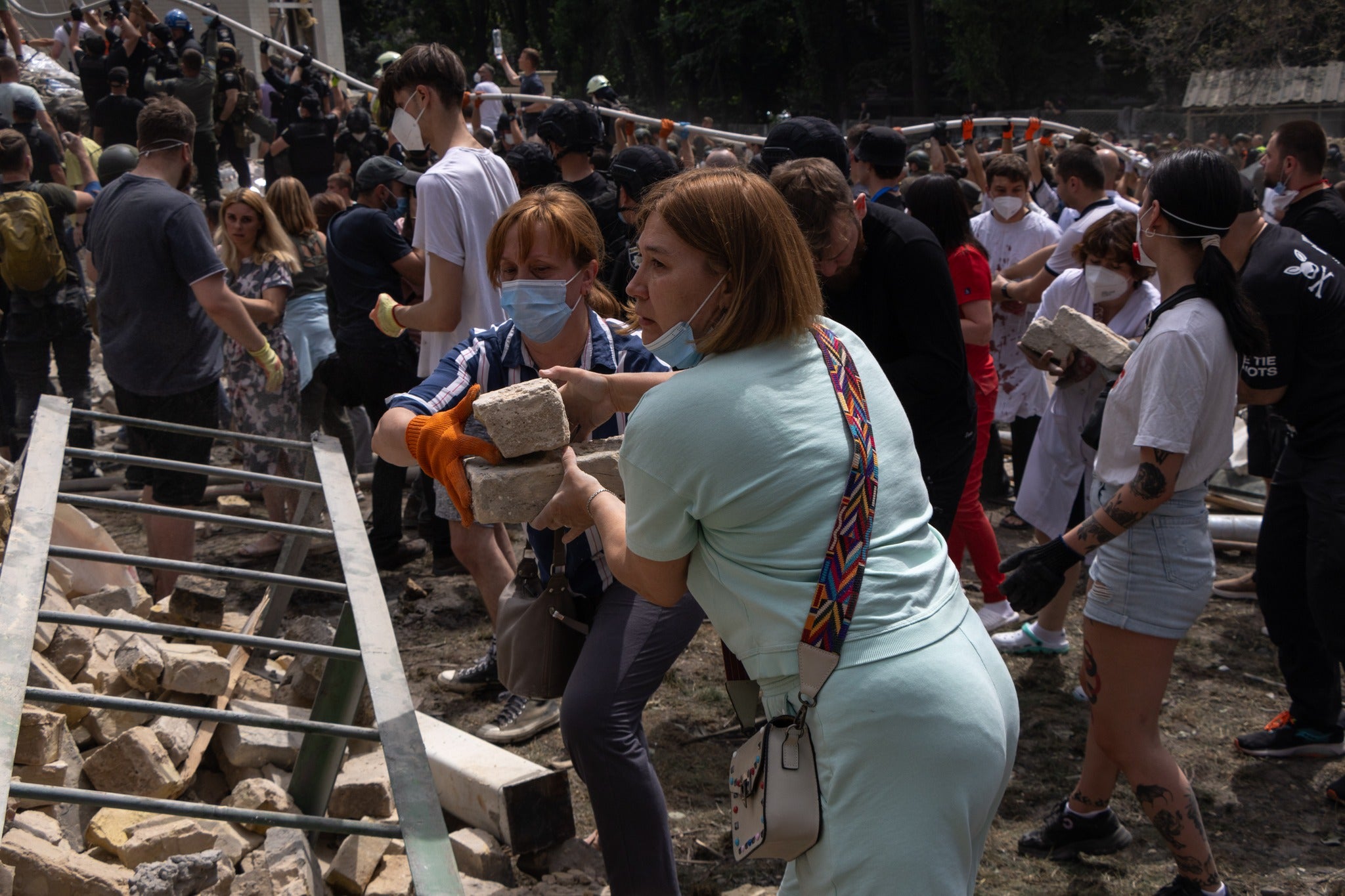Kyiv/New York, 18 November – As Russia’s full-scale invasion of Ukraine enters its 1,000th day today, civilians, women, and girls in Ukraine are enduring deadly intensified attacks across major cities, amid an increasing humanitarian emergency and a feared energy crisis.

The war continues to have devastating consequences for civilians and families, profoundly disrupting their lives, livelihoods, and communities, and leaving countless individuals in urgent need of protection and humanitarian assistance. Over the past two months, tens of thousands of women and girls have been forced to flee frontline areas. They make up the majority of the 4.6 million internally displaced people in Ukraine and of those seeking refuge abroad. Of the 14.6 million people needing humanitarian assistance in 2024, 8 million are women and girls. Alarmingly, an estimated 2.5 million people-primarily women and girls-urgently require support for gender-based violence, including sexual violence. However, many cases go unreported due to pervasive stigma and limited access to healthcare and essential support services, which themselves are being destroyed.
Ukrainian women have been leading the response through their volunteer efforts, women’s rights organizations, and in government, while facing severe personal risks.
“Women in Ukraine are leading the humanitarian response and planning the recovery. But their numbers in decision-making positions in government remain below global averages, and one in every two women do not work. Even as the Russian attacks worsen, there are opportunities to support women’s empowerment in political and economic life. Empowering women not only strengthens Ukraine’s response today but also paves the way for a more inclusive and resilient future,” said Sabine Freizer Gunes, UN Women Representative in Ukraine.
In the current crisis and nascent recovery, women-led initiatives and women’s rights organizations play vital roles, but face systemic underfunding. Women also aim to contribute to economic growth, and one in every two new business being registered now is being founded by a woman. Yet according to OECD DAC figures, less than 1 per cent of funding for recovery in Ukraine has been allocated to efforts to advance gender equality as the principal objective. Sixteen member states, the European Union, World Bank, several other IFIs, NGOs, and private sector companies have committed to address this underfunding through the Alliance for Gender Responsive and Inclusive Recovery launched in June by the Governments of Ukraine and Germany and facilitated by UN Women.
Ukrainian women-led civil society organizations were among the first to respond to the humanitarian crisis 1,000 days ago. Working with 54 organizations through the Women’s Peace and Humanitarian Fund, UN Women and partners have reached over 100,000 women and girls, addressing local needs through different programs in war-affected communities. UN Women is also actively supporting the government and civil society to further advance laws and policies that support women’s empowerment.
UN Women calls for an end to the war in Ukraine and to the attacks on civilians; and for support to the protection of women and girls, to women’s leadership, and the urgent need for peace as the foundation for ensuring the safety, dignity, and rights of all affected individuals, particularly women and girls. It further urges the international community to increase funding for the humanitarian response, including to women’s rights organizations, recognizing their indispensable role in meeting women and girls’ needs in this humanitarian crisis.








